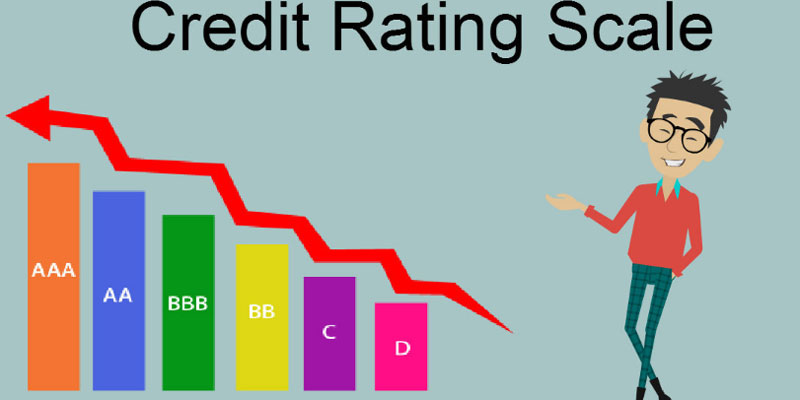Financial markets include the money market and the capital market. In contrast to the capital markets, where long-term securities are traded, with asset typically kept for a year or less. They affect the economy in some way, either directly or indirectly. Equity and debt markets are two types of capital exchanges.
The Money Market

Cash that won't be needed for at least a year can be safely stashed away in the money market by people, institutions, and governments. It's there so that companies and governments who desperately need cash may receive it swiftly and cheaply and that companies with surplus cash can put it to good use.
The payouts are on the low side, but the risks are manageable. Deposits, collateral loans, acceptances, and bills of exchange are all examples of money market products. The Federal Reserve System, commercial banks, and acceptance houses are all examples of institutions participating in the money markets.
Companies and governments issue short-term debt for day-to-day operations and working capital needs rather than for long-term investments or significant infrastructure projects.
Liquidity
A crucial function of the money market is to ensure that financial institutions and governments always have enough cash to meet daily obligations without running out and having to take out a costly loan or holding on to too much money and missing out on interest.
The money markets provide a liquid and secure option for investing their funds. Mutual funds are offered various investment options, such as state money and U.S. Treasury funds. You may also open a money market fund at most financial institutions.
The Capital Market
You can buy and sell stocks and bonds in the capital market. Its hourly fluctuations are tracked and evaluated for hints about the economy, the state of each sector, and the consensus for the near future.
Companies and other institutions often seek to obtain funds through the financial markets for strategic, long-term goals like growing their company and boosting their sales. Stock offerings and bond sales are standard methods of raising capital.
The Primary and Secondary Sources
There are two main segments of the financial market: the primary market and the secondary market. When a corporation sells shares or bonds to investors or financial institutions, they do it through the primary market.
These investors then use the secondary market to unload their holdings if and when they decide to do so. Although firms are interested in seeing the value of their stock rise over time, the original issuer of the stock or bond does not gain anything from the secondary market sale of that security.
The capital market's more significant potential for profits and losses makes it inherently riskier than the money market.
Differences Between the Money Market and the Stock Market

Different categories of investors are attracted to the money and capital market because of their distinct methods of operation. Fear of financial loss plagues the risk-averse investor. Even if the money market only offers a small return on investment, this investor will feel more secure utilizing it since their funds will be protected.
Short-term investor expects to withdraw their funds within a year. Riley Adams, CPA, a senior financial analyst for Google, and owner of personal finance site the Young and the Invested, points out that while this is typically discussed about retirement age, there are other reasons you could need money soon.
You may be trying to put away money for a necessary purchase, like a vehicle, a house, or a university education. The safety of the money market is always preferred when time is of the essence and you have an immediate need for the funds.
Which Is The Better Investment?
According to Johnson, the ideal location to put your money "depends on your goal and your time horizon." The stock market is the superior option for long-term investors like a twenty-something putting money down for retirement. Johnson says a large-cap index fund is a solid bet if they are investing.
Given the uncertainty of the market, Johnson suggests putting your money in the money market if you'll need it in the next year or two. There is less danger in the money market. Those who put their money in the money market do not have to worry about losing any of it. While there is slight instability, Johnson notes that growth is nevertheless slow.
Those who need the money soon will be more inclined to save it than to amass it. You wouldn't risk losing your down payment savings in the stock market because then you would not be able to purchase the house of your dreams.



